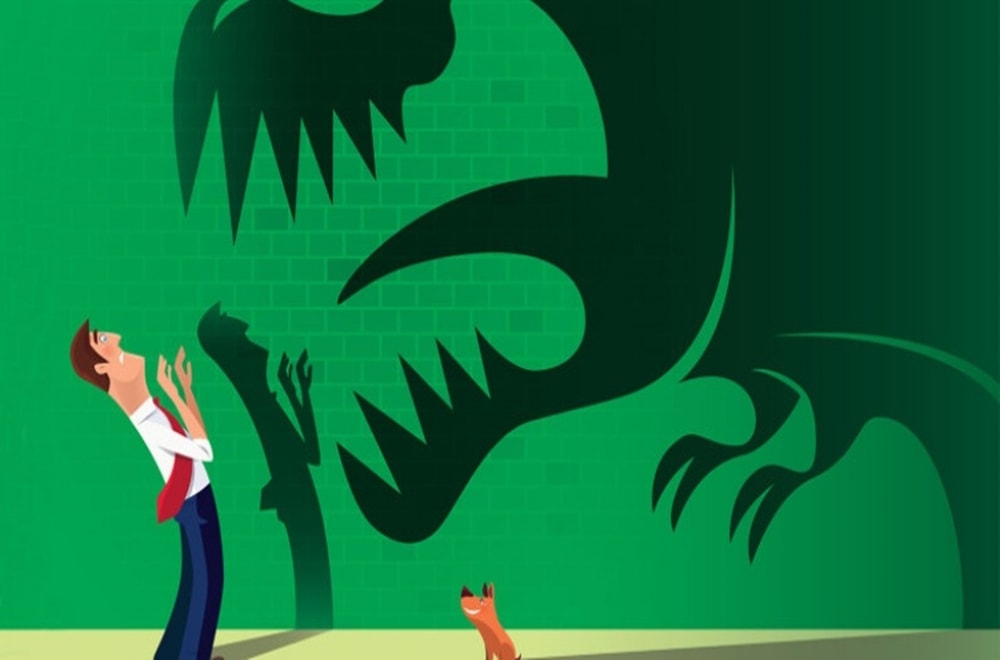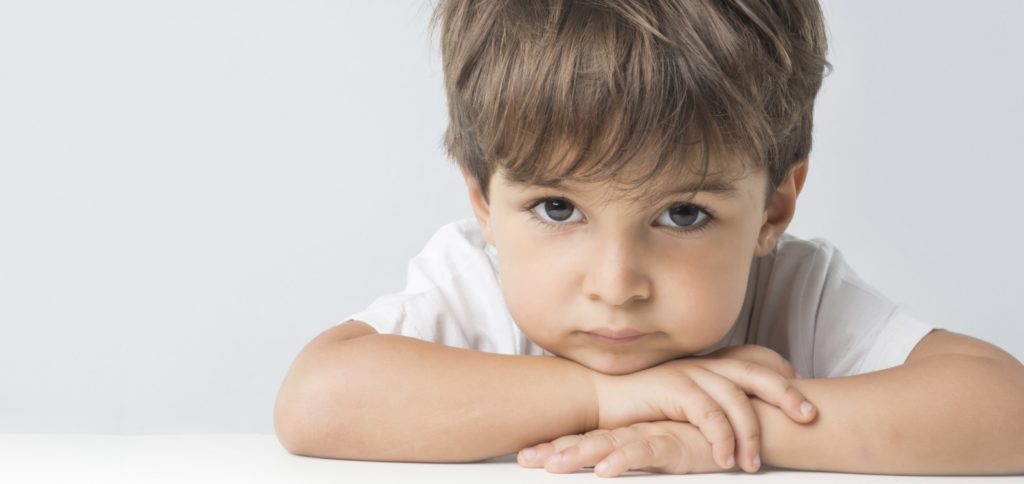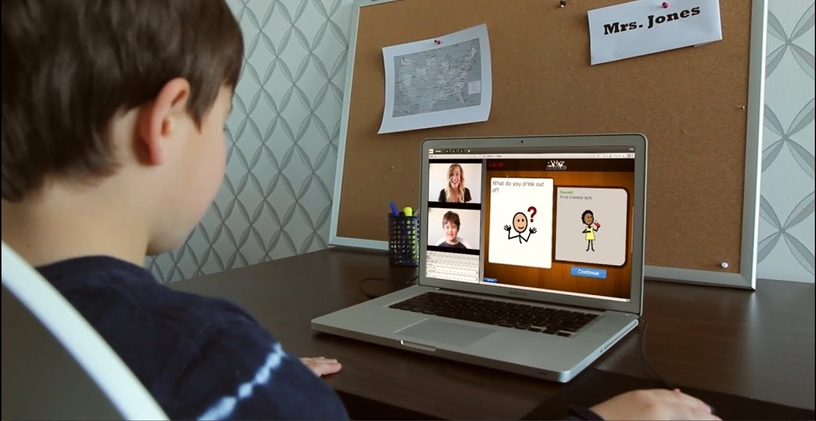What Is Phobia? It’s Symptoms, Causes, & Treatment

Phobias are more pronounced than fears. It develops when an individual experiences anxiety that is so strong that, it interferes with their quality of life. It is also their ability to perform day-to-day work. Individuals with phobic disorders know exactly what they are afraid of.
One of the most interesting aspects of phobias is that the stimuli that evoke individuals are not random. The most common fear-arousing stimuli tend to be animals, objects, or events that presented real dangers in earlier stages of human evolution. Phobic individuals do not need the actual presence of the feared object or situation to experience intension and discomfort. Just simply imagining a phobia-related event can elicit strong psychological and bodily reactions.
Causes of Phobia
Phobia may begin with a generalized anxiety attack but the anxiety then becomes crystallized around a particular object or situation (e.g.- elevators, snakes, or darkness). There does not seem to be one particular cause of phobias, but there are several factors that might play an important role. Such as-
- Specific traumatic experience- For example- A child who experiences a traumatic incident while playing with a dog at a young age might later develop a phobia for dogs.
- Human evolution- Research suggests that people develop fear for objects that presented real dangers in earlier stages of human evolution.
- Genetics and environmental factors- Genetic and environmental factors can cause a phobia. Some people are more vulnerable to develop phobias than others. Children who have a close relative with an anxiety disorder are at risk of developing phobias.
- Chronic stress- It can affect an individual’s ability to cope with stressful situations which may result in developing anxiety and excessive fear over a long period and may result in developing a phobia.
Some Types of Phobia
- Acrophobia- It is an extreme fear of heights.
- Agoraphobia- Extreme fear of entering an open or crowded place.
- Aquaphobia- Extreme fear of water like traveling through waterways, going near swimming pools, water bodies, etc.
- Claustrophobia- It is an extreme fear of confined spaces.
- Xenophobia- It is an extreme fear of strangers.
- Zoophobia- It is an extreme fear of particular animals.
Symptoms of Phobia
The most common symptom of phobia is a panic attack. Features of a panic attack include;
- Racing heart
- Shortness of breath
- Rapid speech or inability to speak
- Dry mouth
- Upset stomach
- Nausea
- Elevated blood pressure
- Trembling or shaking
Complications of Phobia
A phobia does not usually go away naturally; a person has to seek treatment to overcome his fear. If not treated in time phobia can negatively affect the quality of life. For example- A person with xenophobia may fail to maintain a good interpersonal relationship. It may hamper his social life. In some cases, if the phobia is not treated properly it can be life-threatening. In the long run, it increases the risk of heart disease both in males and females.
Treatment of Phobia
- Exposure Therapy: It is one of the best treatments for various types of phobic disorders. It helps to change an individual’s response to a particular object or situation he is afraid of. Repeated exposure to the source of specific phobia may help an individual to learn to manage their anxiety.
- Cognitive Behaviour Therapy:CBT is a type of therapy that helps to manage an individual’s problems by changing the way they think and behave. This therapy focuses on an individual’s thoughts, beliefs, feelings, and behaviors. Depending upon the severity of fear, CBT sessions are given to the individual. It helps to overcome the anxiety response from the feared situation.CBT uses three basic techniques such as,
- Didactic component: It helps a person to know about phobias and also helps them to increase a positive outlook towards the outcome of this therapy.
- Cognitive component: It helps the individual to understand the why aspect behind the fear. It also helps the person to understand the reason behind his irrational fear about a particular object or event.
- Behavioral component: It uses behavior modification techniques to help the person cope with the situation and overcome the fear.
- Mindfulness: It helps an individual to unlearn fear. Meditating before facing a fearful object or situation can make the symptoms less severe. Research shows that mindfulness-based stress reduction (MBSR) therapy helps people to regulate their emotions in a better way.
- Counseling: Counselling is a kind of talk therapy which helps the individuals to overcome their problem. Sharing mental health issues with someone who is professionally trained can help to manage some specific phobia.
- Medication: Medications are rarely used for phobia. It is given to control an individual’s anxiety.
From Whom You Can Seek Help
- Psychiatrists
- Psychologists
- Counselors
Note- It important to seek help from a professionally trained individual.
Fear is different from a phobia. One must learn the difference between fear and phobia. Phobia is a kind of psychological disorder. If anyone is suffering from phobia they must be sure that there is a treatment for phobia and it is curable. Seeking the right help from the right professional at the right time will save a life.
Reference
You can reach the original article from here.







